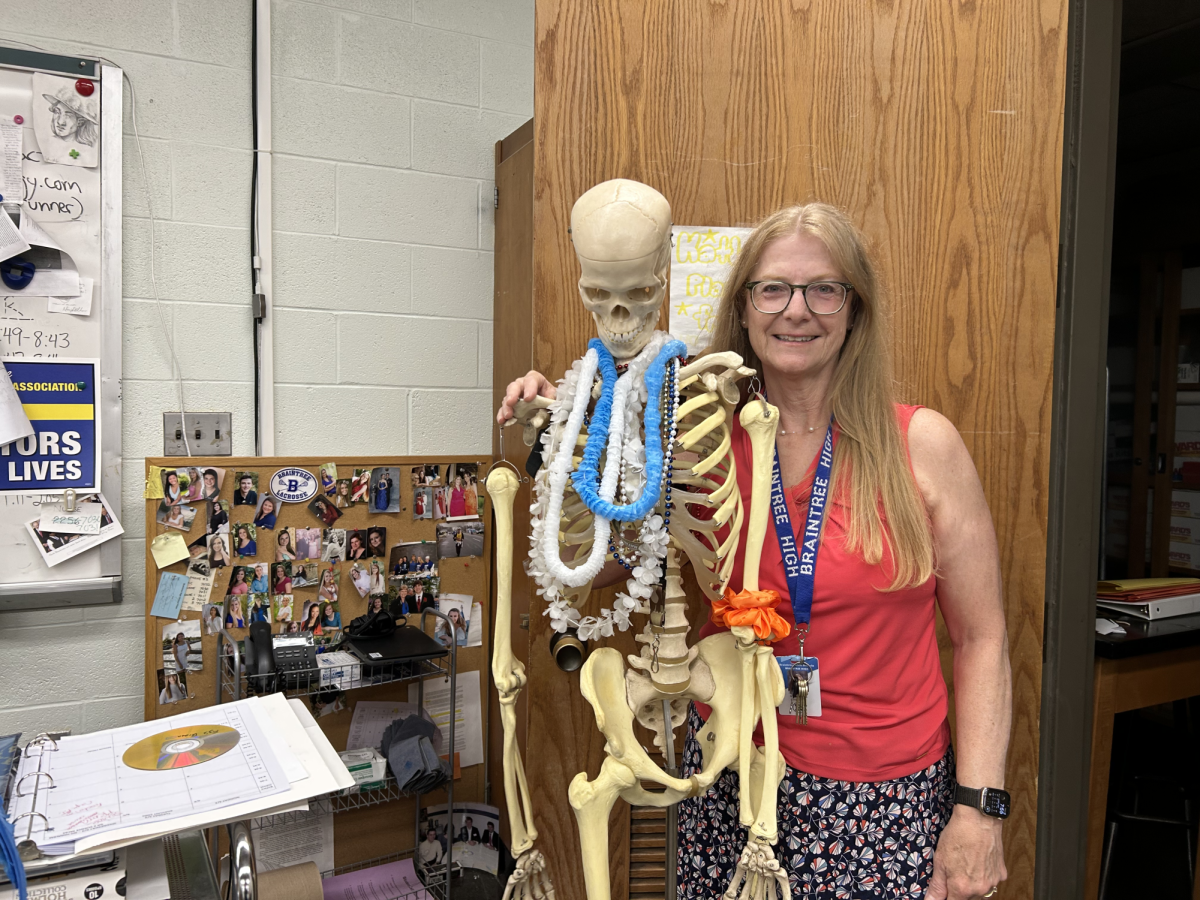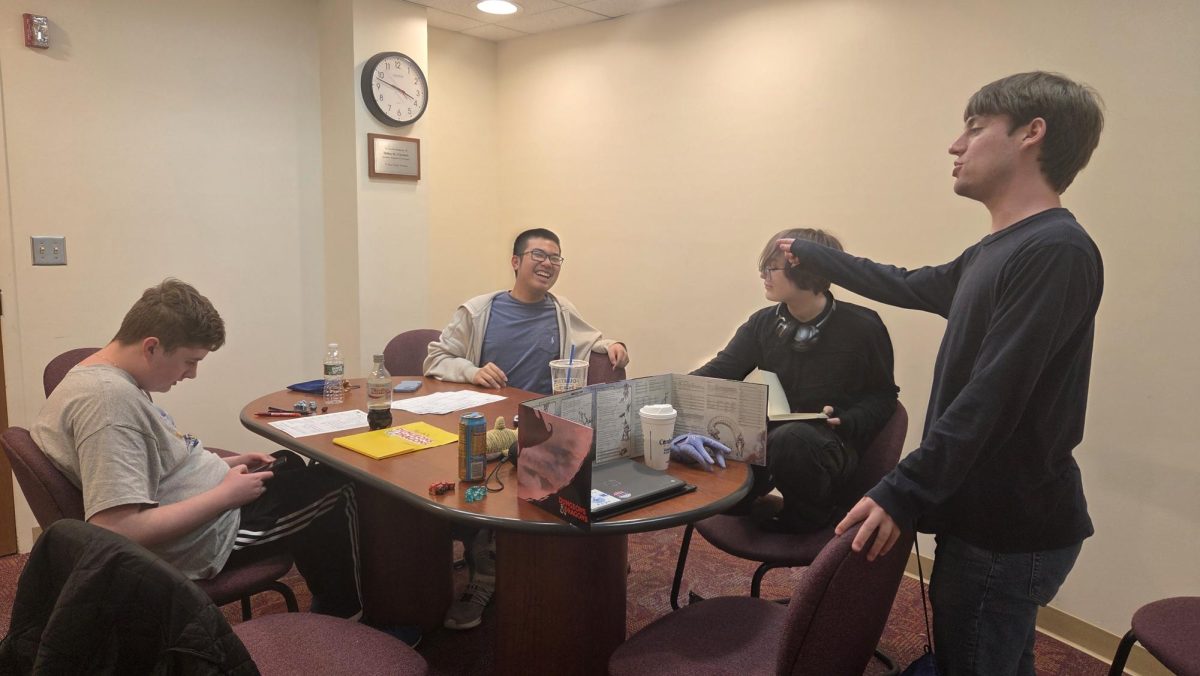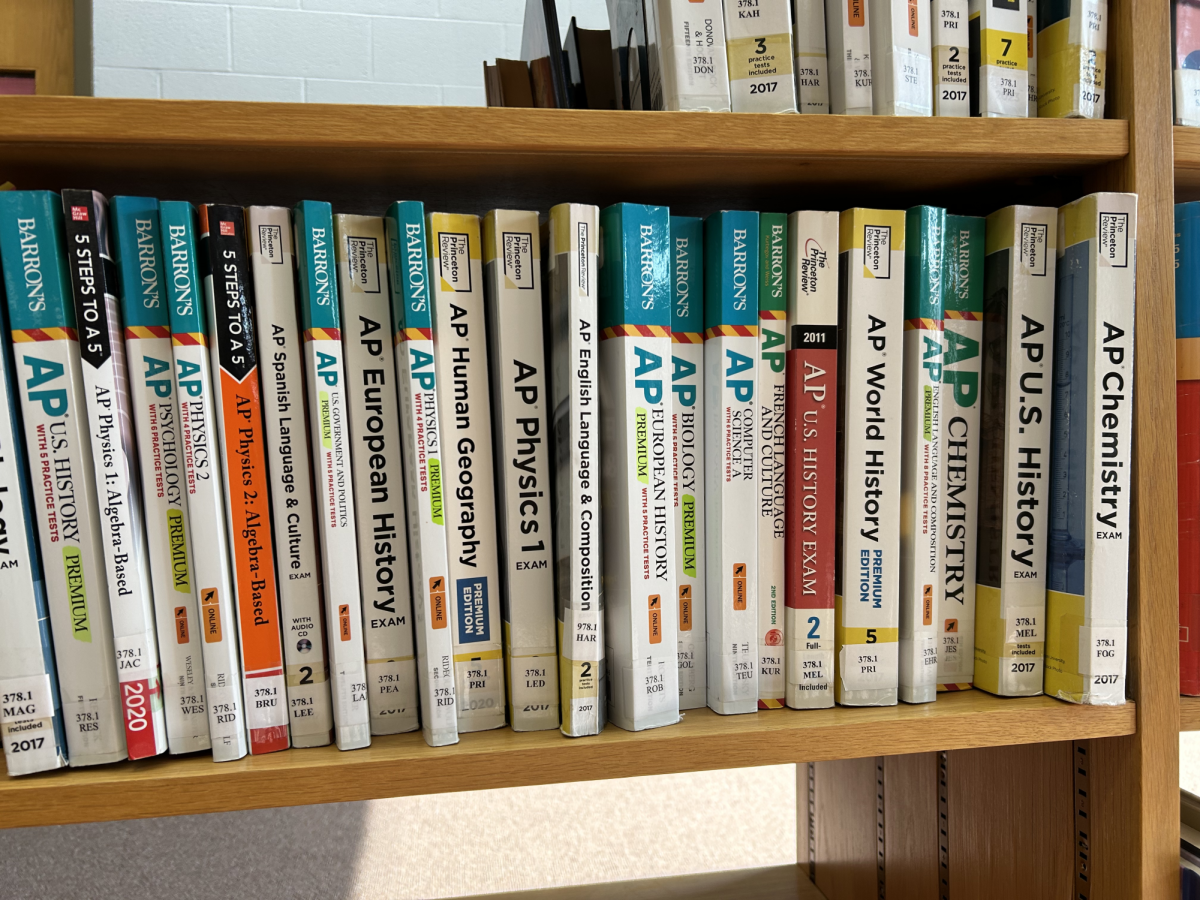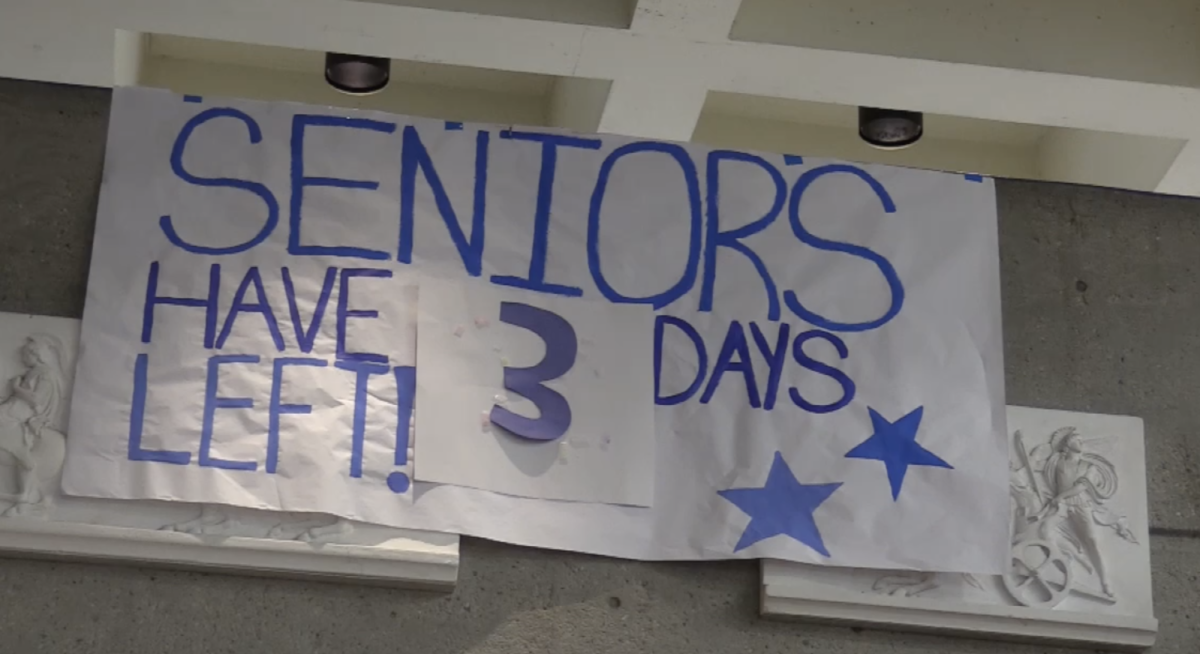Should You Take an AP Class? – A Student Guide
January 27, 2022
According to the program of studies, Braintree High has twenty AP courses available out of the thirty-six offered by the college board. That’s a pretty wide variety! Advanced Placement courses replicate work done in introductory classes that one would usually take in their first year of college. As someone who has dabbled in AP courses since sophomore year, I’ve come to certain criteria that I think can help students in choosing which AP courses to take and not to take.
- What’s your interest in the subject? The over the top workload and studying that AP courses require you to do becomes much more bearable if you have a moderate to high interest in the content. Think about it this way: you probably hate studying for honors courses in subject areas that you already don’t like (I know I do). Now imagine that, but add on an hour or two and higher-level theoretical concepts.
- Talk to students who have already taken the class. Talking to students at the school who have taken it already is probably best because the way that AP courses are taught varies widely from school to school and teacher to teacher. Take their words to heart! It’s far more reliable than the syllabus or college board description. Consulting online sources is also super helpful since there is a standardized curriculum for AP courses across all schools.
- How can this help you in college and later on in life? Choosing an AP course is, in my opinion, very similar to choosing electives like arts and business. Understanding basic social and mental functions might matter a lot to you if you’re going into a field like marketing or communications, and you can garner a lot of that knowledge by taking AP Psychology. I know myself, and since I know that I will probably never pursue algebra beyond a high school level, taking AP Calculus probably wouldn’t have made much of a difference if I took it and even did well in it.
- Are you a good test taker? AP classes have tests far more often than normal classes, and the subject matter gets into the niche and nitty-gritty detail that can make you question yourself even if you studied for three nights straight. The beast of the AP curriculum is preparing for the AP test, a two to three-month process that can make you question why you were put on this earth in the first place.
- Finally, how many hard classes are you already taking? My personal advice is to take only two or three a year and to focus those AP classes either in something you are good at or what you want to show colleges you can do. That way, you can balance the workload with other courses you are taking, extracurriculars and jobs, and breathing oxygen.
Obviously, if you are dead set on taking an AP course, don’t let any of my advice stop you. Just keep in mind what might lay ahead. If you’re a jack-of-all-trades professional test taker, good for you! APs were made for people like you, and they are a great way to show colleges that you can handle high levels of work. If not, taking only a few of these courses or none is fine too.



























